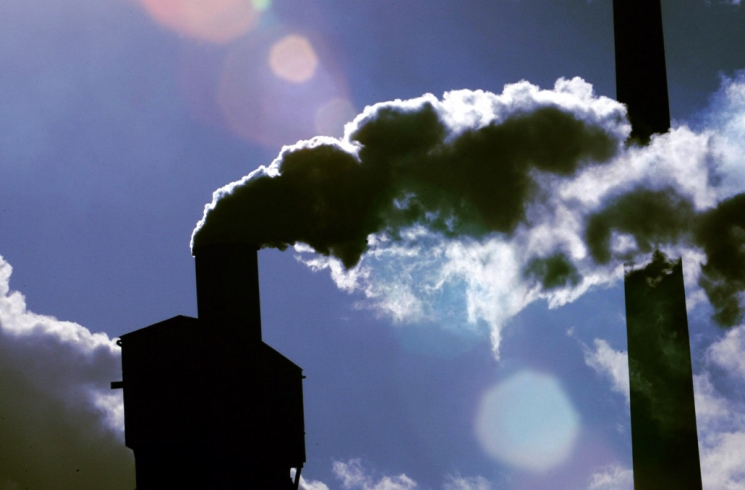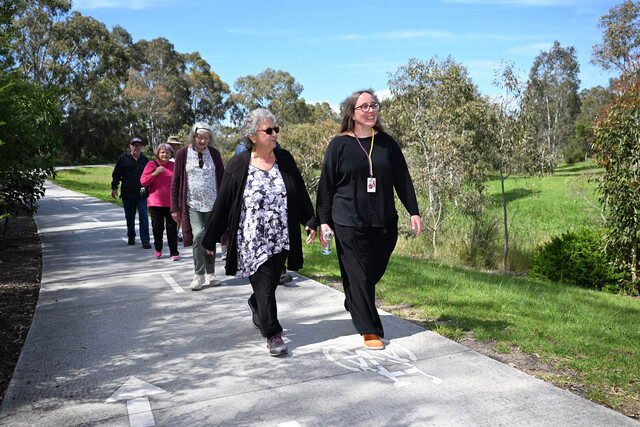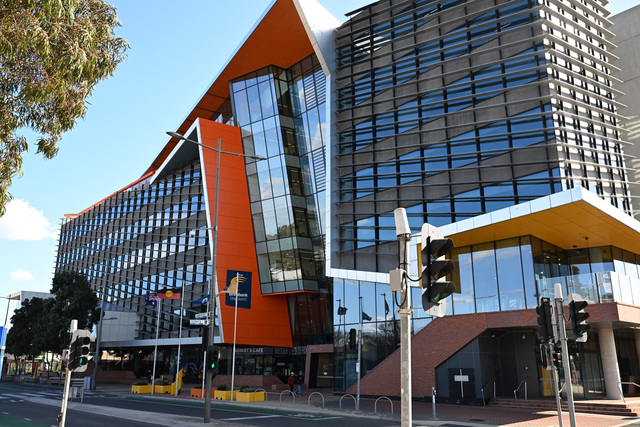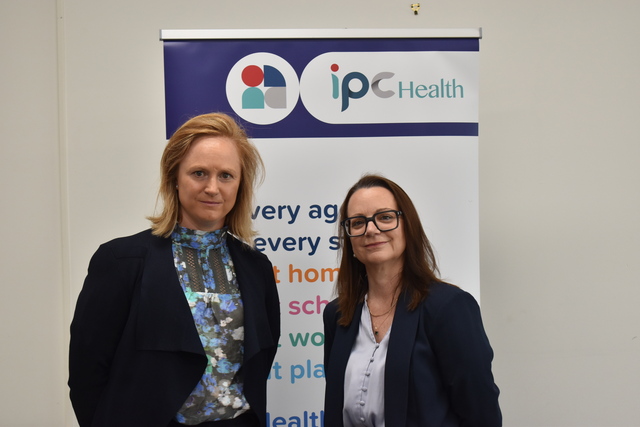Councils across the west have joined forces to reduce greenhouse gas emissions by 2020.
The Western Alliance for Greenhouse Action, representing the cities of Brimbank, Greater Geelong, Hobsons Bay, Maribyrnong, Melton, Moonee Valley and Wyndham and the Shire of Moorabool, last week launched its Low Carbon West strategy, aimed at supporting growth across the west while limiting the associated increase in greenhouse gas emissions.
The strategy has been adopted by the councils.
Project consultant Rob Turk said the plan had prioritised 20 actions that would have the greatest impact on greenhouse emissions and be easy to implement, including:
• Creating a bulk buy scheme for solar panels to be installed on non-residential buildings;
• A reporting program for smaller industrial users to track energy use and from that develop resource efficiency plans;
• Working with real estate agents to make properties more sustainable through retrofits;
• Establishing a formal car-share scheme across the west; and
• Implementng planning scheme requirements for high-performance buildings and advocating for reforms to improve national building standards.
A Low Carbon West report says the region and neighbouring peri-urban councils are home to the fastest-growing areas in Australia, and greenhouse gas emissions are expected to rise by 15 per cent by 2020 under a business-as-usual scenario.
Most greenhouse gas emissions in the west are generated by energy used in factories and facilities, but other significant contributors are stand-alone detached houses, offices, and residential and freight transport. Mr Turk said the changes would result in a 14 per cent reduction in greenhouse emissions by 2020.
Brimbank administrators chairman John Watson said Low Carbon West complemented the council’s Greenhouse Reduction Strategy, plans to cut council’s emissions by 50 per cent of 2011 levels by 2022.
“Low Carbon West outlines measures to support businesses and residents to be energy-efficient, make the switch to renewable energy, reduce waste and develop less polluting transport options.”







